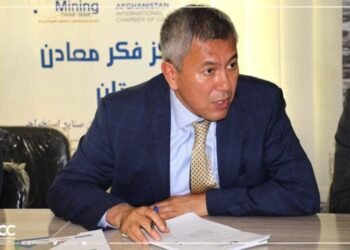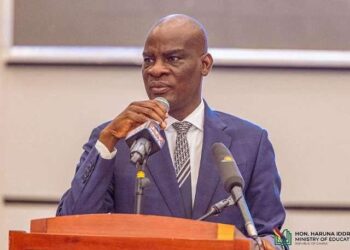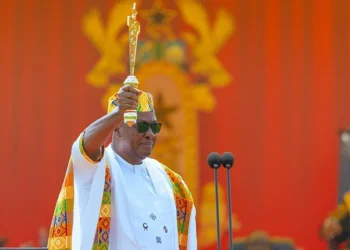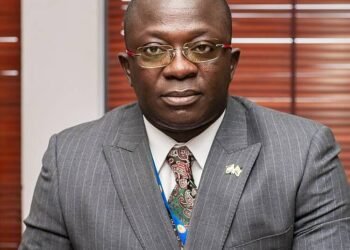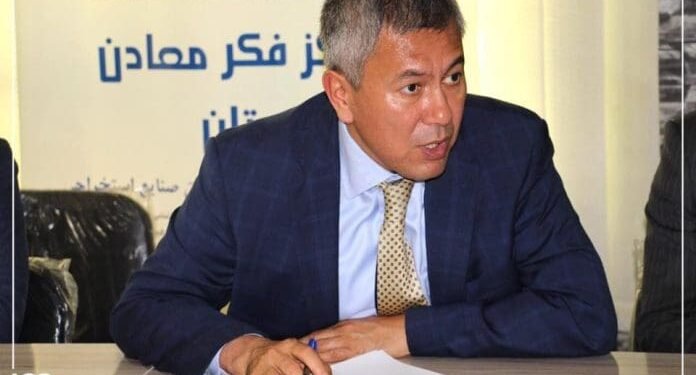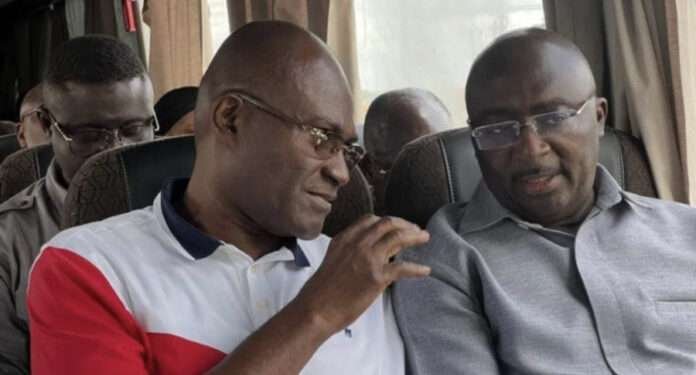Dr. John Osae Kwapong, a democracy and development fellow at CDD-Ghana, has highlighted that elections are key to holding governments accountable, as seen in the frequent turnover of ruling parties.
He noted that while elections are an important tool, they are imperfect, as misgovernance can last years, stressing that citizens must find ways to hold leaders accountable between elections.
Dr. Osae Kwapong also noted that the burden of ensuring electoral integrity unfairly falls on political parties, as seen in the NPP and NDC’s actions in 2016 and 2024.
He stressed that the Electoral Commission must take responsibility for protecting the ballot, creating an environment where parties are not forced into such activities.
“Rebuilding trust in the Electoral Commission. The next four years must include intentional efforts to rebuild trust in our electoral system. The Afrobarometer survey as well as the National Commission for Civic Education (NCCE) 2024 election year report pointed to worrying levels of trust in the EC and electoral system.
“This mainly explains why political parties believe extra judicial efforts are needed during elections as stated in the previous point. It continues to be a mystery why the NDC and NPP, especially when in opposition, tend to raise deep suspicions about the EC and its motives”.
Dr. John Osae Kwapong
The CDD-Ghana further noted that despite transparency in the electoral process, there is still a widespread belief that the EC has the power to alter election results against voters’ will.
While acknowledging some administrative errors by the EC, he emphasized the need to rebuild public trust in the institution before the next election.
Dr. Kwapong also highlighted the importance of improving post-election security. While pre-election and election-day security are often prioritized, there is a need for stronger law enforcement in the days following the announcement of election results.
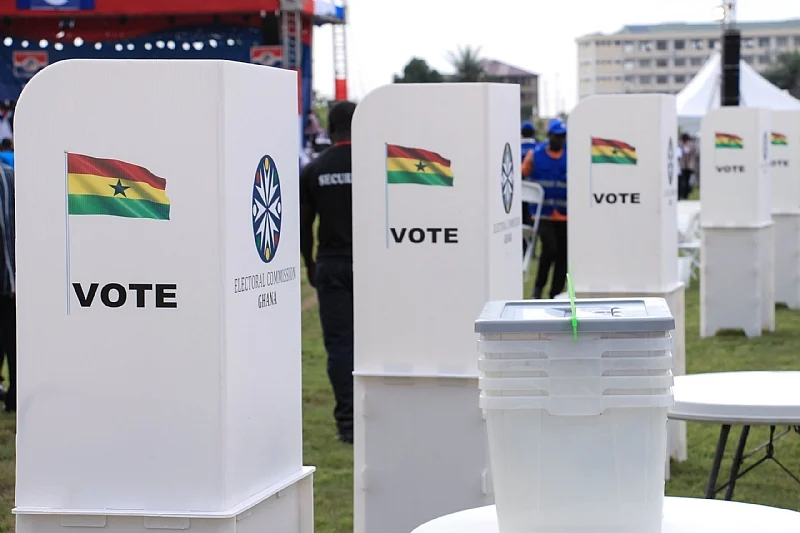
The lack of a swift law enforcement response to post-election violence is concerning and needs to be addressed to deter lawless behavior.
Dr. Osae Kwapong noted that incumbents often engage in last-minute projects to win voter support, but these efforts rarely offset unresolved socioeconomic issues.
According to him, attempts to sway voters with inducements have also proven ineffective, as many accept gifts but still vote for their preferred candidates, a trend seen in 2016 and repeated in 2024.
He highlighted the growing role of misinformation in elections, fueled by social media.
According to Dr. Kwapong, false ads accused both NDC and NPP candidates of supporting LGBTQ+ rights, despite public records to the contrary.
He lamented that efforts by the NCCE and Ministry of Information to combat misinformation were insufficient, as law enforcement failed to hold perpetrators accountable.
According to him, the arrest of a journalist for spreading false election dates underscores the need for stronger measures to address disinformation in future elections.
Misinformation, Political Shifts in 2024 Elections Critiqued
Furthermore, Dr. John Osae Kwapong noted that media platforms fueled misinformation during the 2024 elections, with misleading campaign ads and unverified claims from NPP and NDC press conferences.
He urged media houses to prioritize truth over profit.
On political re-alignment, he highlighted the NDC’s win in 13 regions against the NPP’s 3, marking a major shift in Ghana’s electoral map.
He, however, pointed out that whether this shift lasts or follows Ghana’s pattern of alternating party dominance every eight years remains uncertain.

“Political temperament of partisans. It may be good fun and provide material for political memes when partisans make electoral claims on election day across social media platforms. However, when claims about voter turnout, constituencies won, etc. are outrightly false, it raises concerns and potential consequences for a future election where political passions are unrestrained.
“Active engagement by citizens on election day and the provision of updates does not hurt the electoral process as long as it does not degenerate into making false claims about the election. In addition, it is time some partisans sanitized the language used in political discourse. The lack of decorum and the use of indecent language taints our democracy”.
Dr. John Osae Kwapong
Accordingly, Dr. Kwapong called for improved public education on post-election violence and ballot handling.
He urged a joint effort by the NCCE, Peace Council, media, civil society, law enforcement, and political parties to curb post-election violence, emphasizing the need for citizens to shift from destructive celebrations to responsible civic engagement.
On ballot handling, he highlighted that 239,109 ballots (2% of total votes) were rejected, signaling the need for stronger voter education.
While credit was given to efforts by the EC, NCCE, and political parties, he suggested re-evaluating the criteria for rejected ballots to reduce such occurrences in future elections.
EC Scrutiny Deepens Public Mistrust
Moreover, Dr. Osae Kwapong noted that the Electoral Commission (EC) faced scrutiny during the election, with its actions deepening public mistrust, as reflected in Afrobarometer surveys.
Delays in result declaration heightened public anxiety, though the law allows the EC up to 72 hours for this process.
He stressed that while accuracy should not be sacrificed for speed, the EC could ease tensions by providing regular public updates between the close of polls and the declaration of results.
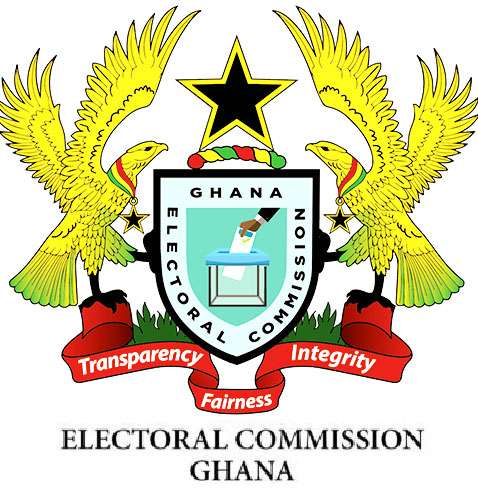
“Over the years, important changes have been made to the electoral process as a way of strengthening transparency and increasing confidence in election outcomes. One such change is allowing political parties to have copies of the record of polls (pink sheets) at polling stations.
“With that, political parties now being able to quickly collate results after the close of polls since the 2016 elections. It takes them, with the right infrastructure in place, no more than ten hours after the close of polls to know their fate”.
Dr. John Osae Kwapong
He emphasized that despite criticisms, the EC remains essential, however, he noted leaving elections and result declarations to political parties could lead to multiple claims of victory, risking security threats.
He noted that an independent, constitutionally mandated body like the EC is crucial for overseeing the electoral process.
As such, Dr. Kwapong urged the EC to review its results aggregation process, exploring ways to streamline steps and leverage technology for greater efficiency.
He stressed the need to address emerging electoral issues to strengthen Ghana’s democracy and resolve challenges before the 2028 elections.
READ ALSO: Cardi B Demands Offset Sign Divorce Papers




